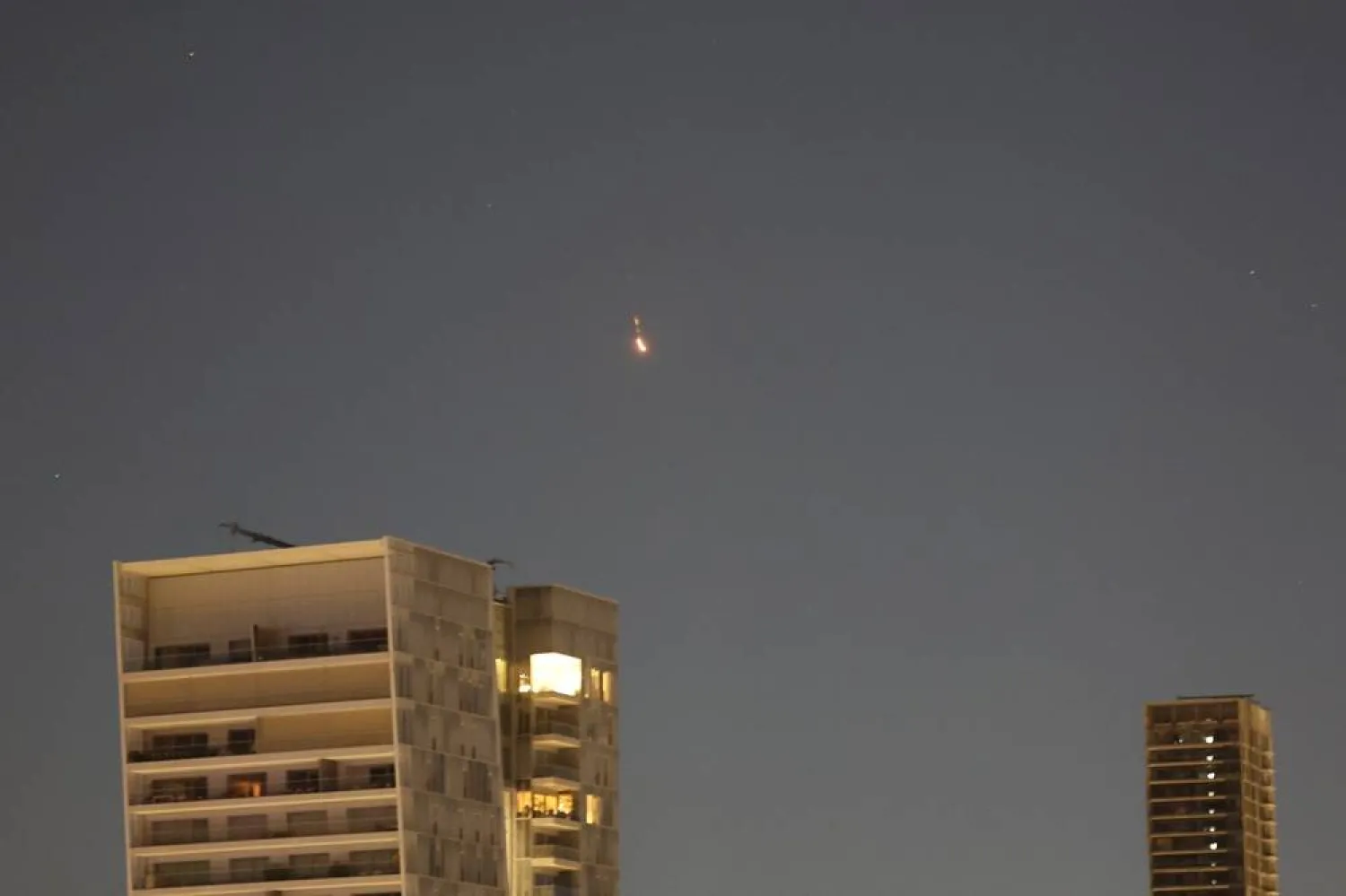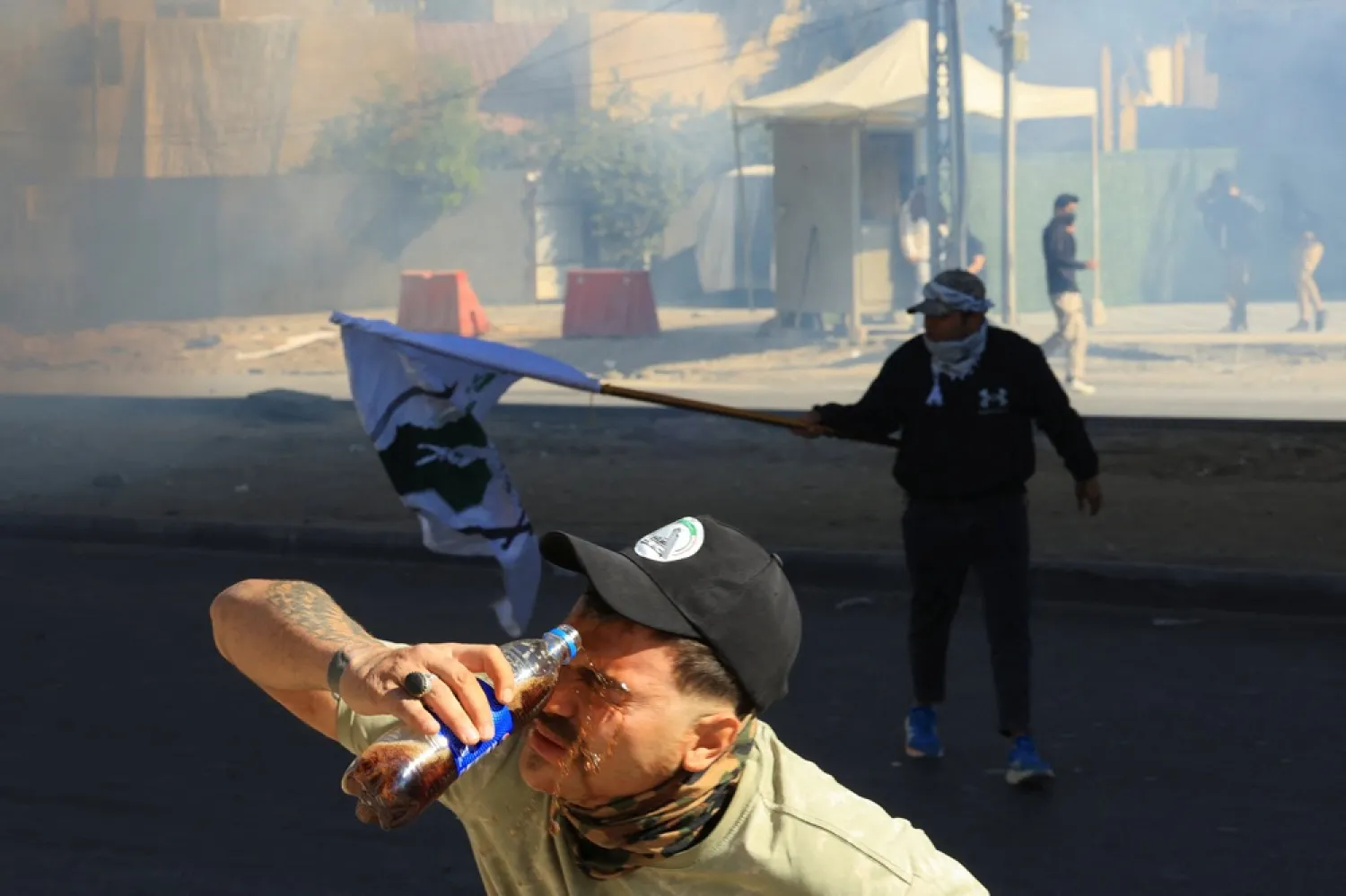Israel raided Damascus International Airport as the Syrian defenses downed seven of the eight missiles that were fired, according to the Russian Center for Reconciliation.
Deputy Head of the Center Rear Admiral Vadim Kolet said that four Israeli F-16 jets fired in December eight missiles from Golan airspace targeting the Damascus airport area.
Kolet said the Syrian air defenses shot seven of the missiles using Russian-made Pantsir-S systems. He confirmed that the Israeli airstrike caused damages to a warehouse and killed one person.
Also, a Syrian soldier was killed in an airstrike on Thursday, the Syrian Arab News Agency (SANA) reported.
The agency quoted an unnamed military source saying that the Israeli enemy attacked the occupied Syrian Golan, targeting some points in the southern region, indicating that the air defenses shot down most of the missiles.
The Israeli army refused to comment on the news.
The Syrian Observatory for Human Rights (SOHR) indicated that Israel recently intensified its strikes in Syria. An attack on November 24 killed five people.
Meanwhile, the UK's Defense Ministry said that British fighter jets shot down a drone approaching al-Tanf base in Syria.
It is the first time the British army had shot down another enemy aircraft since the Falklands War nearly 40 years ago.
The Ministry of Defense said that the drone, which was downed on December 14, posed a threat to the coalition against ISIS in southern Syria.
The UK's Defense Secretary Ben Wallace said: "This strike is an impressive demonstration of the RAF's ability to take out hostile targets in the air that pose a threat to our forces."
"We continue to do everything we can alongside our coalition partners to stamp out the terrorist threat and protect our personnel and our partners."
Two RAF Typhoon FGR4s were patrolling over Syria and Iraq on Tuesday as part of the global coalition against ISIS and were ordered to investigate hostile drone activity near the al-Tanf military base.
The pilots identified a small hostile drone and shot it down using an advanced short-range air-to-air missile.
It was the first operational air-to-air engagement conducted by an RAF Typhoon and the first air-to-air missile firing during Operation Shader, targeting the remnants of ISIS in Iraq and Syria.
A spokesman for US Central Command, US Navy Capt Bill Urban, said two drones entered the al-Tanf garrison "deconfliction" zone on Tuesday. One of them was shot down as it moved closer to the base.
He indicated that there were no casualties or damage to facilities.









